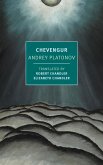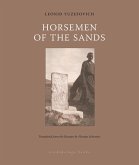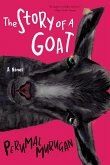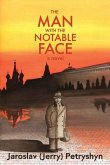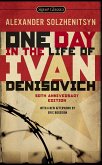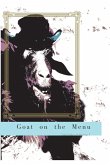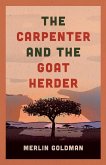"Goat Song, Vaginov's first novel, was written between 1927-1929. The novel mentions the ten-year anniversary of the October Revolution in passing, rather obliquely, yet the shadow of that event and all its immediate and long-lasting consequences hangs over the entire novel (and really, over the subsequent three novels as well). For Vaginov, the Soviet practice of naming and renaming is emblematic of societal changes that were-paradoxically-wholly superficial and yet devastatingly momentous. Like Goat Song itself, place names like "Second Rural Poverty Street" or "Victims of the Revolution Square" represent political shifts that are simultaneously exaggerated to the point of silliness and profoundly, genuinely tragic"--
Hinweis: Dieser Artikel kann nur an eine deutsche Lieferadresse ausgeliefert werden.
Hinweis: Dieser Artikel kann nur an eine deutsche Lieferadresse ausgeliefert werden.


